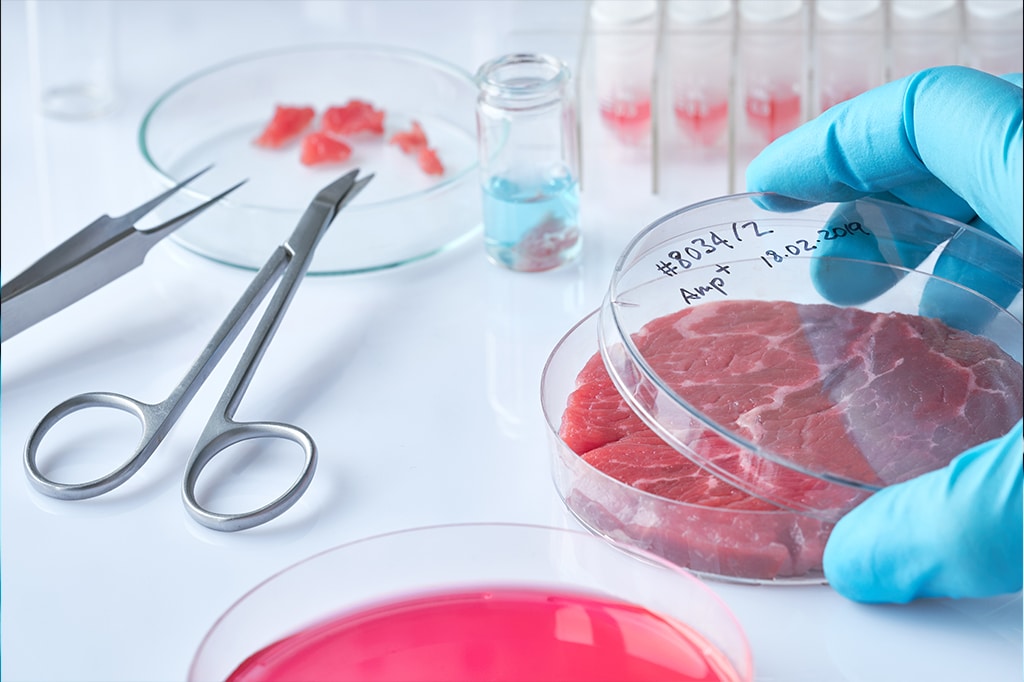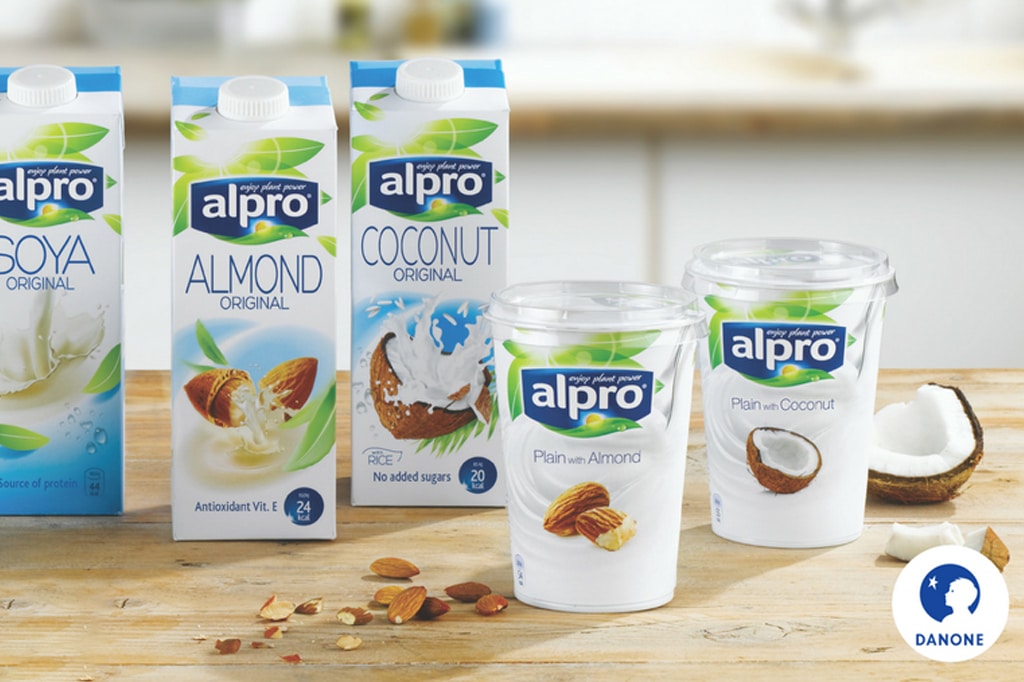Not so long time ago, lab-grown meat was found mostly in science fiction stories. Consumers were generally against it. However, times changing. Recent industry polls found that at least 20 percent of US and UK consumers are ‘eager to try ‘cultured meat’, which is also known as cell-based, lab-grown meat.
The research asked 30.000 Americans and 9.000 Britons about their opinion on cell-based meat. Nineteen percent of Americans and 18 percent of Brits said they are willing and curious to give it a go.
A 2018 study predicted these figures to be even higher, more than 66 percent of Americans would try cultured meat.
What is cultured meat?
Cultured meat is produced in vitro by cultivating animal cells. Scientists collect cell samples from animals without harming them.
The cells are placed into a growth medium, which fools the cells into believing they are still a part of the animal’s body. As a result of this, the cells multiply to eventually become a nice piece of meat.
The final product looks and tastes extremely similar to traditional meat because, on a cellular level, it is exactly the same. However, an interesting innovation is the scientists can control specific features of the meat like, how much fat it contains.
Mark Post, a Dutch scientist presented back in 2013 the world’s first cell-based beef burger, at that time it cost to produce USD 280,000.
The reason for such a high price as it was novel science and they were producing at a very small scale. Nowadays once production is scaled up, the cost of producing a hamburger is around 9 euros.
One of the largest companies producing this meat is Mosa Meats but they are not the only company driving the cultured meat movement. Cellular aquaculture company Wildtype says it is ‘reinventing seafood’ with its slaughter-free salmon. Shiok Meats, based in Singapore, produces cell-based shrimp, crab, and lobster.
Israeli food-tech Aleph Farms makes beef steaks, Hong Kong’s Avant Meats grows sustainable fish, and Memphis Meats develops cell-based chicken, meatballs, and duck.
The technology will not stop here. We have an Israeli start-up Remilk who produces dairy products without using cows. And Because Animals, based in Delaware, was the first brand to grow cell-based meat pet food.
Tyson Foods – the world’s second-largest processor of chicken, beef, and pork invested in cell-based meat start-up Future Meat Technologies as well as Memphis Meats.








